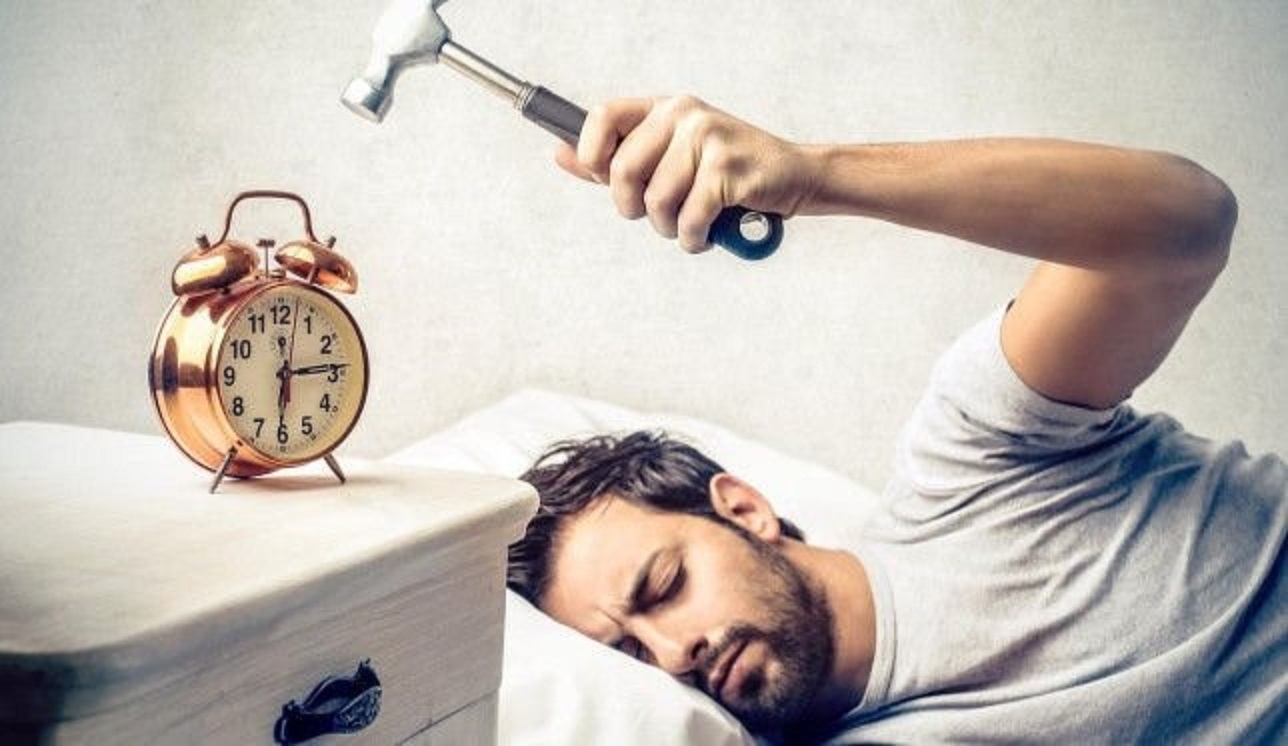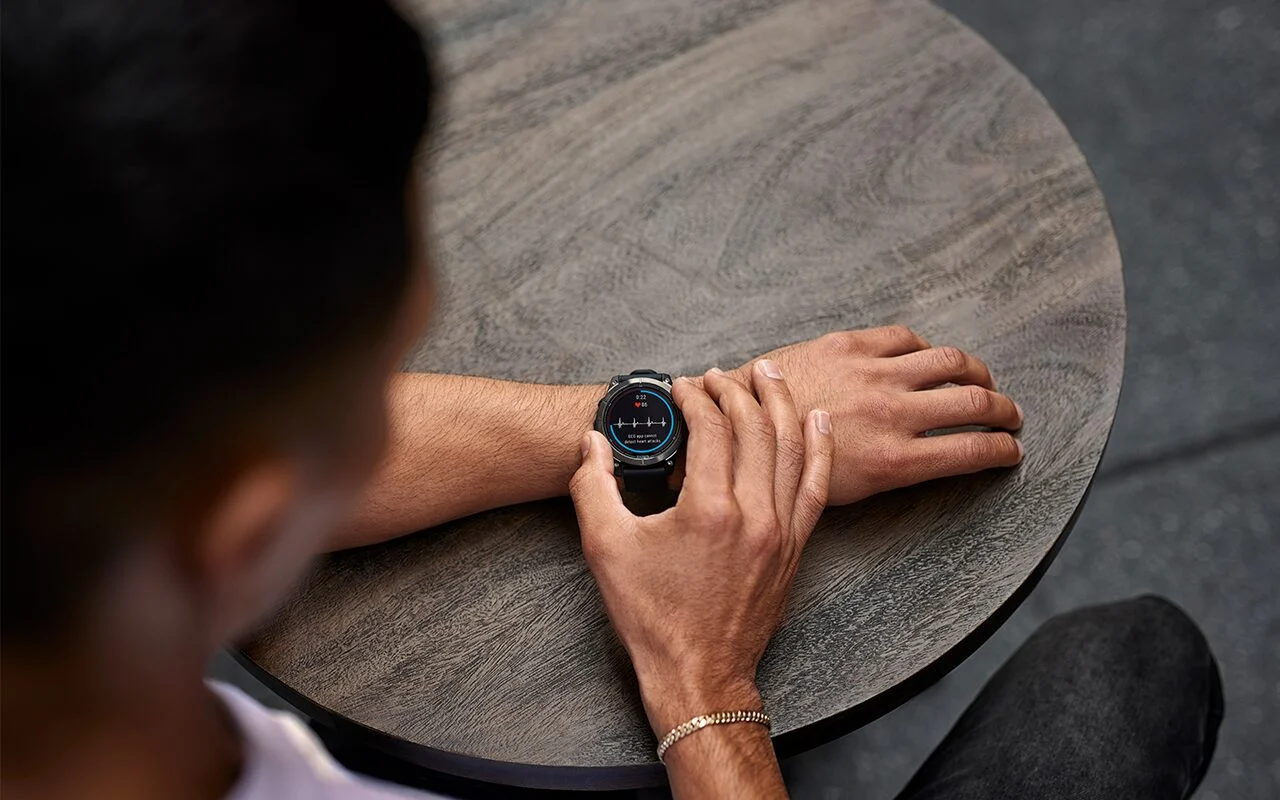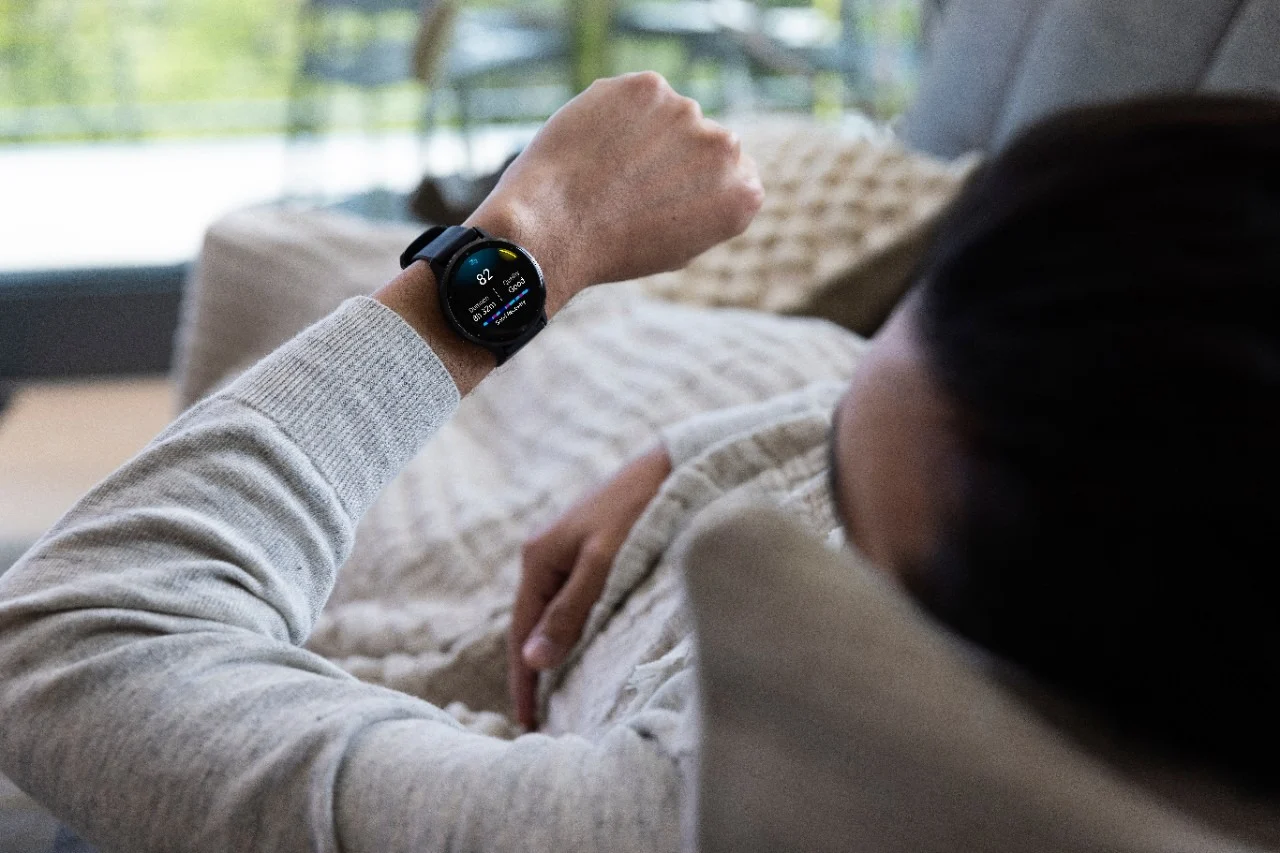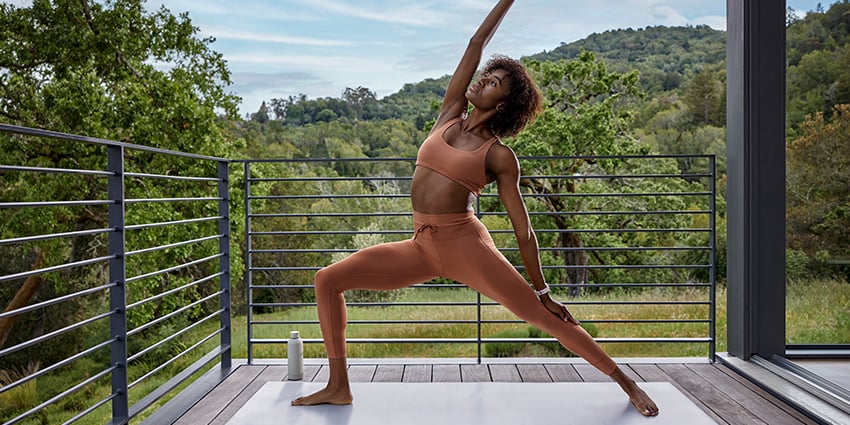
Miraculous Recovery – Sleep
Sleep is split into non-rapid eye movement (NREM), which includes stages 1-4, and rapid eye movement (REM).We can monitor the quality of sleep using Garmin watches.
We have also heard many times that sleep is the best recovery. So, which part of sport performance and recovery does the effect of sleep actually kick in?


Stage 1 is the period from when you’re awake to just entering sleep. This is the lightest sleep and the sleeper can be easily awakened. It accounts for around 5% of the entire sleep.
Next, we enter into Stage 2, which accounts for around 50% of the entire sleep, which is very important to the building of memory. I still remember when I was young and still in school, the teacher often told me that recalling what I had learned before I fall asleep in bed helps me to remember the material. It seems like there is scientific basis for this.
Stages 3 and 4 are the deepest sleep. In addition to the building of memory, memory fragments are also being filtered and repaired, and unnecessary memories are removed. The secretion of growth hormone and androgen also occurs during there stages to strengthen the recovery of the body. Studies have shown that the concentration of androgen in young men who sleep only five hours each night is 10%-15% lower than the average value.
REM is especially important in terms of action type memories. For athletes, this includes technical, self-conscious, and convenient actions. With prolonged sleep, the REM is extended. On the contrary, lack of sleep will compromise the REM process. This is especially important for athletes. There are also studies that have verified that you will perform better in weight training with sufficient sleep.

So, what kind of sleep is considered sufficient?
Most of the current wearable devices have the function of detecting the quality of sleep, most of which assess the depth of sleep by detecting the change in sleeping posture, while the more advanced devices can detect through the change in heartbeat and are quite accurate.
However, many people over-trust the data and results of the wearable devices and ignore their own physical feelings. They become overly concerned, which affects their quality of sleep, which is putting the cart before the horse. I would like to recommend everyone here to pay more attention to your satisfaction with the previous night’s quality of sleep, rather than placing 100% of your trust on the data of the wearable devices.
The number of hours of sleep that suits each person is not the same. Generally speaking, it is about 7-8 hours. There are very few people that belong to a group who only needs just 4-5 hours of sleep. Many people who claim only needing very few hours of sleep don’t really just need to sleep that little, it’s just that their long-term endurance ability of sleep deprivation is better than the general public.
The author of said book suggests that, for a few continuous days, you can sleep without setting an alarm clock and record the number of sleep hours and exercise performance to assess the appropriate number of sleep hours (however, I think this is less feasible in the modern society).
Before a big race, many runners often worry that lack of sleep, whether it’s due to being overly nervous or excited, will affect their performance during the race. We can imagine it to be like a week-long “sleep budget.” Under the premise of having adequate sleep during the week, lacking sleep before the race won’t be as serious as you may think.
Lastly, viewing electronic products before sleep has been proven to decrease the secretion of melatonin and to affect sleep. If you want to have good recovery and perform well, then first put down your phone!





